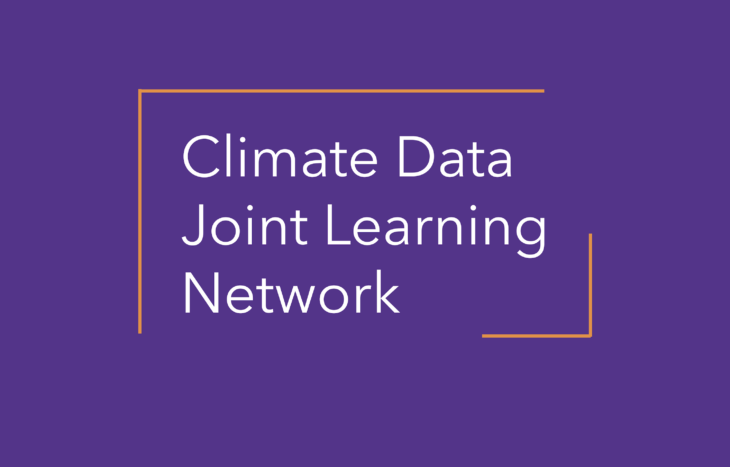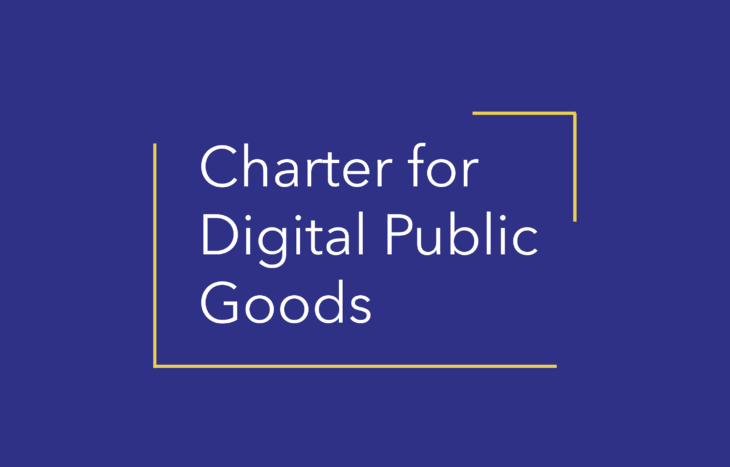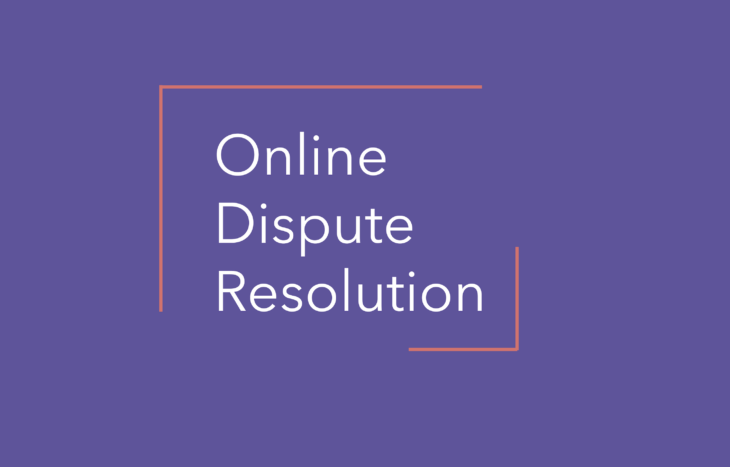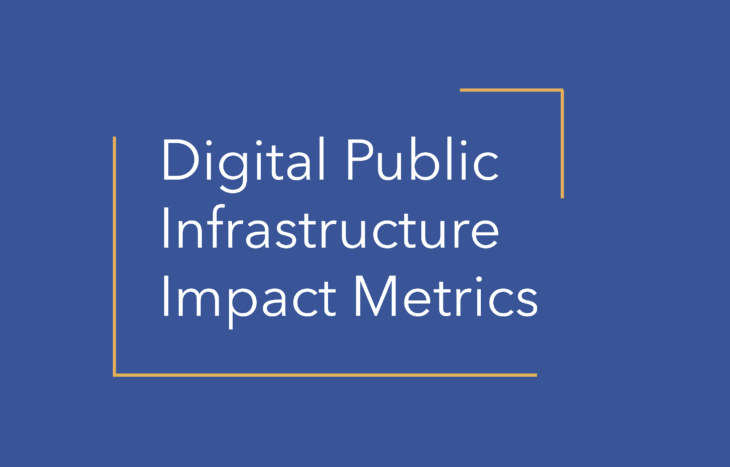Our Digital Dialogues bring together leading experts to develop actionable insights for trusted, responsible digital transformation.

At a time when the world faces increasingly complex challenges, our Digital Dialogues offer a fresh approach: bring the right mix of voices to the table—across sectors, disciplines, and geographies—and focus them on how data and digital technology can unlock innovative solutions.
By convening experts from development, business, academia, and beyond, we foster strategic knowledge sharing, unexpected partnerships, and collective will. Each Dialogue is a focused, time-bound engagement that tackles a pressing issue—from making climate data more accessible to measuring the true impact of digital public infrastructure (DPI). The result: actionable insights and practical recommendations that help move the entire ecosystem forward—toward more inclusive, effective, and human-centered digital transformation.
Below are some examples of our recent and current Digital Dialogues. If you’d like to learn more, reach out to us at info@dial.global.

Data is crucial to addressing the threat of climate change. From location and infrastructure mapping data to transportation and mobility data, more comprehensive and accessible datasets could inform mitigation and adaptation efforts and provide vital information for disaster prevention and response. Yet, climate-relevant data is often inaccessible to the frontline governments and communities that need it the most.

Robust DPI enables people to access public services, do business, and collaborate effortlessly with each other. However, proprietary solutions have traditionally dominated DPI, driving concerns over contractual lock-ins, lack of interoperability, and the erosion of public trust. Digital public goods (DPGs), which are designed using open-source technology, can provide a welcome alternative.

Today, the foundational layers of DPI, including payments, digital identity, and data exchange, are quickly increasing the number and range of people connected to widespread digital services. Yet, these systems, while providing important benefits, can also present risks. That’s why effective and efficient online dispute resolution (ODR) is needed – both to ensure that users are fairly treated and promote the trust needed to achieve wide-scale use.

As investments into DPI accelerate, effective impact metrics are needed now more than ever. Today, there are significant gaps in standard, systematically collected measures of digitalization. Establishing a shared understanding of impact can help us advance – and track – progress towards more inclusive and trustworthy digital systems and services.